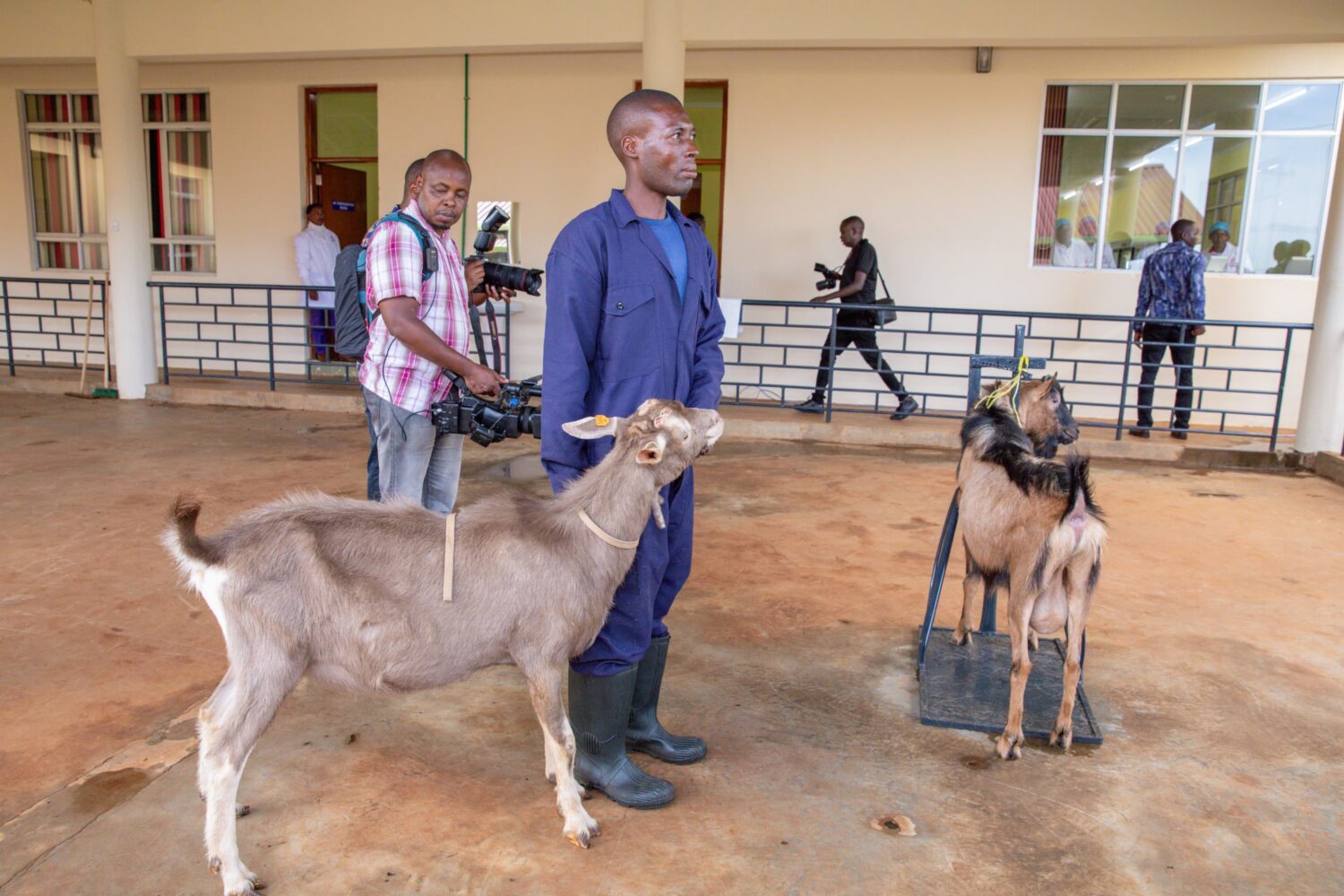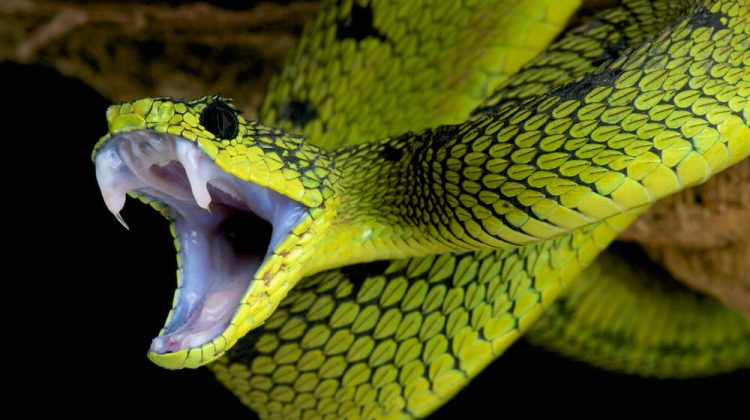Farmers in Kirinyaga County are reaping the benefits of a transformative goat Artificial Insemination (A.I) programme aimed at boosting goat productivity and farmers income.
The program that is a collaboration between the County Government and the Goat A.I. Center domiciled at Kenya Animal Genetic Resources Center (KAGRIC) in Kutus, is a revolution that is yielding life-changing results for small-scale farmers across the county.
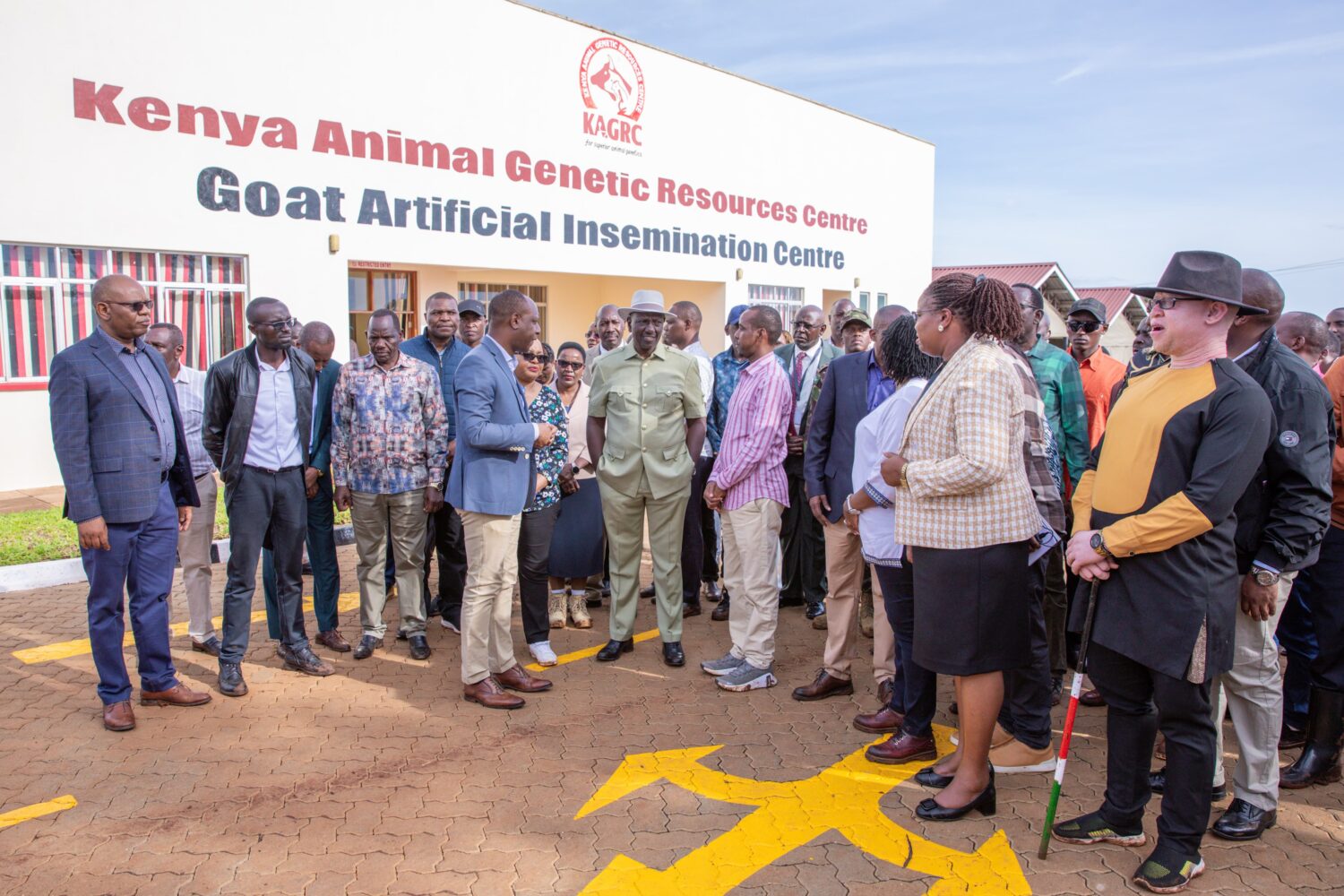
The goat AI center was recently officially launched President William Ruto but many farmers in the county have already benefited from the resource through provision of subsidized hybrid goat semen and liquid nitrogen that cost the county government, Ksh. 354,000.
Through the goat improvement program, the county government has also supported 600 goat farmers who are organized into 60 groups through which they have accessed goat kids, does and community bucks to improve breeding practices.
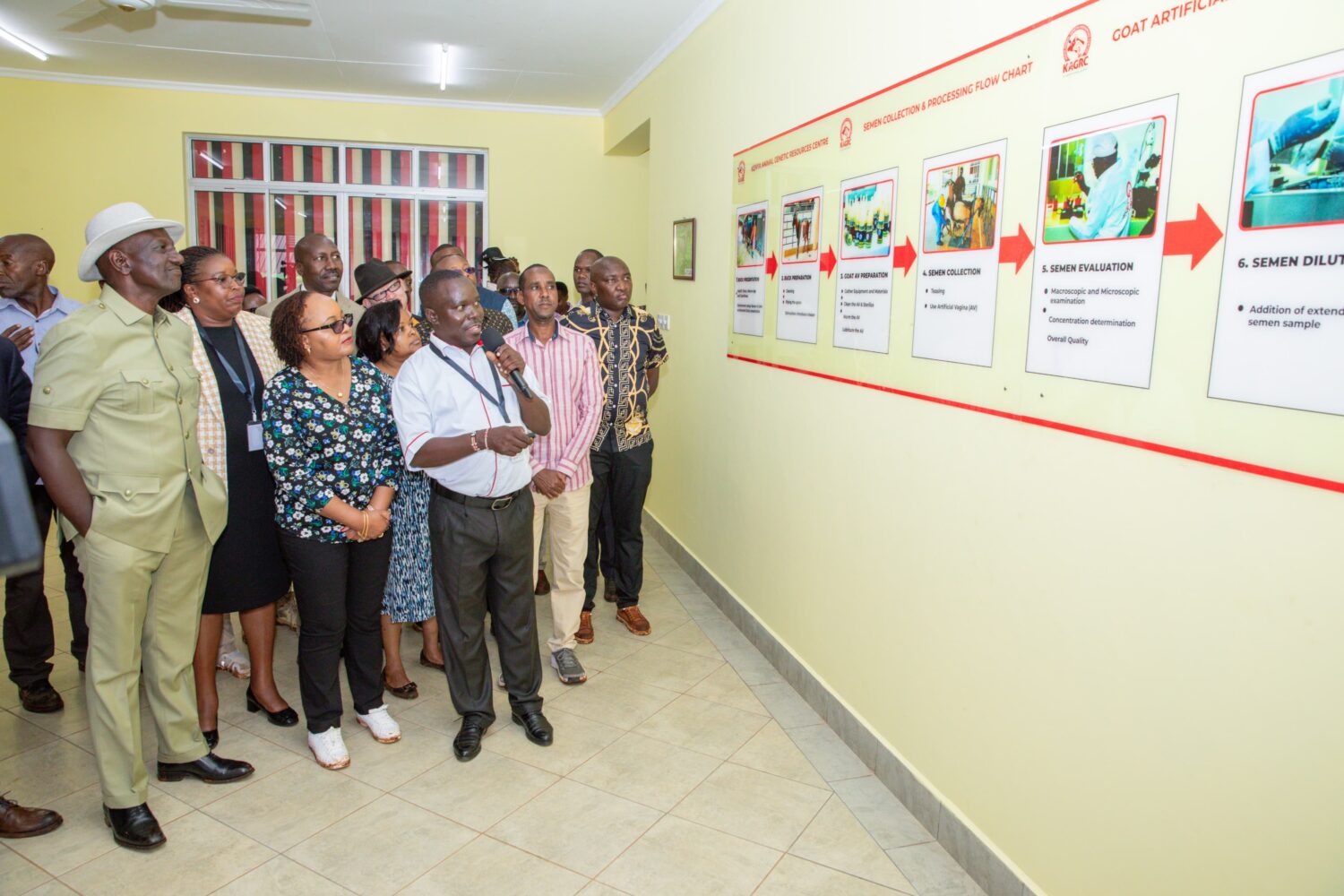
Governor Anne Waiguru has lauded the initiative as a game-changer for livestock farming and a major step towards security and the county’s economy.
“We are particularly honored to host the Goat AI Centre at Ndomba, which is not only a great treasure for our County but also a key development milestone for our Country. This Center is a significant step forward in improving goat production and food security,” Waiguru said.
Waiguru emphasized that the Centre will improve farmers’ access to high-quality breeds, enabling increased milk and meat production thereby uplifting household incomes and livelihoods. She also noted that trained A.I. inseminators are already deployed across the county, ensuring timely and effective services.
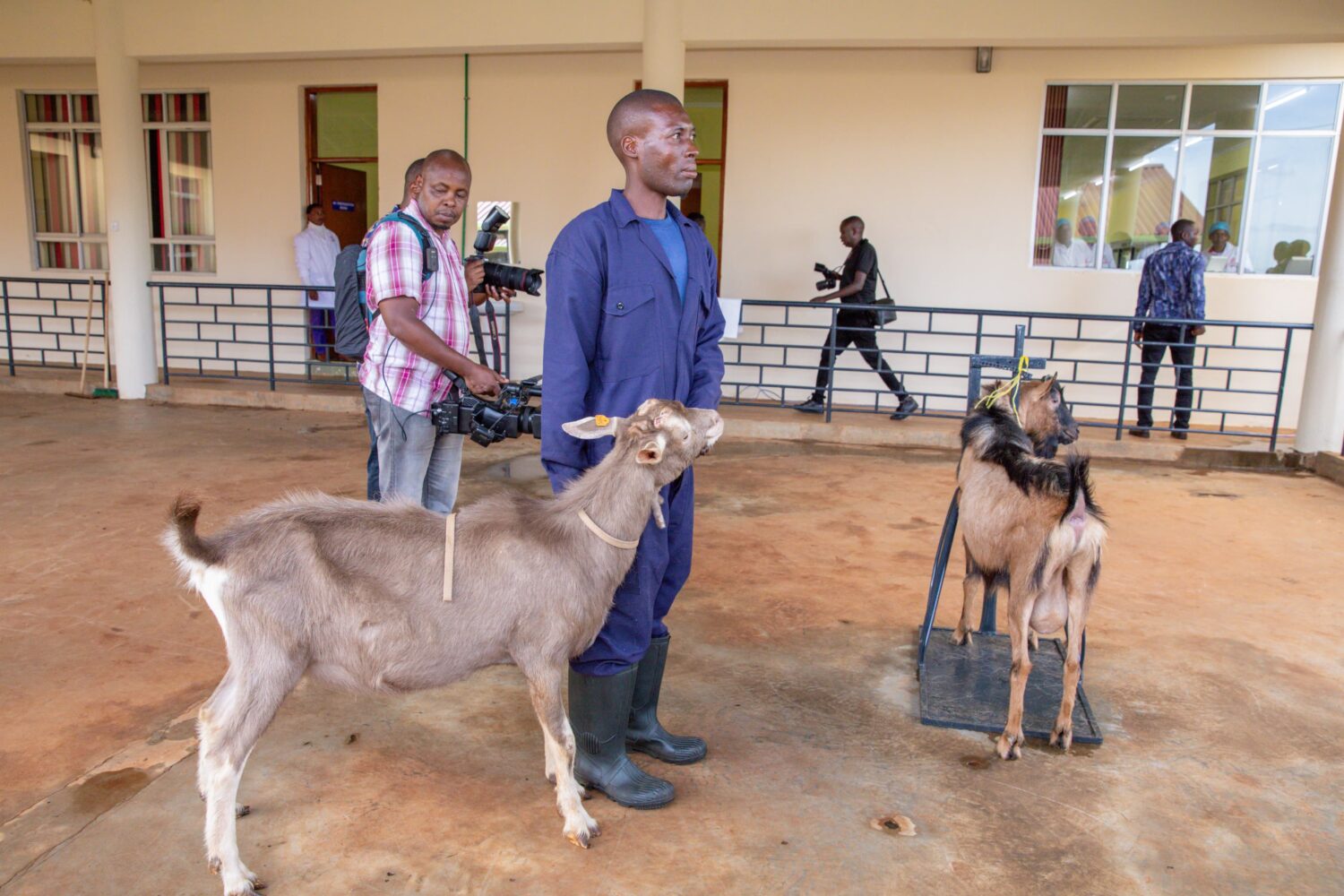
The County Government has also been sensitizing farmers on the importance of AI and subsidizing the cost of services, making them more affordable compared to private sector rates.
“With the right genetic improvements and more efficient farming practices, we can unlock the full potential of goat farming and provide a steady supply of quality products to meet expanding markets,” Waiguru said.
Local farmers have already seen remarkable improvement as told by Peter Njoroge, a goat farmer from Mwea. He said that the improved breeds provided by the County Government have increased growth rates and milk production, supporting his family and boosting his income.
“The new breed of goats are now growing faster and now I have a bigger herd and milk production has increased and so are my earnings.” Said Njoroge. He has nine goats with each producing about two liters of milk daily which he sells at Ksh. 170 per liter, a great improvement compared to less than one liter of milk produced by lower breeds of goats. His milk is collected by a Thika based company on a weekly basis.
Another farmer, Robinson Karuri from Kithiriti, is keeping eight goats born out of the A.I. initiative “I am happy because I recently got goat kids of the Agro-Nubian breed, which are strong and produce a lot of milk. We use some at home and sell the rest,” Karuri said, noting that the subsidized A.I. from the county government has helped them a lot given that it could have cost them around Ksh. 5,000 to source insemination for one goat from the private providers.
Governor Waiguru noted that goat products are in high demand from hospitals, hotels, and restaurants, presenting a lucrative opportunity for farmers. She noted that the initiative aims to equip farmers with technology, quality breeds, and skills to increase productivity thus transforming goat farming from traditional subsistence activity into a modern, profitable agribusiness, changing lives, one goat at a time.
Unlike larger livestock such as cattle, goats are more affordable to raise and require less land and feed, making them ideal for small holder farmers. They also have a faster reproductive cycle, allowing for quicker herd expansion and faster returns on investment.
From a climate resilience perspective, goats are hardier and more adaptable to dry conditions than cows, making them a smart choice for regions affected by climate change.
Goat milk is also a lucrative produce commanding high prices in hospitals, hotels and health stores as it is packed with nutrients and is favorable to people with allergies as well as infants, the elderly and people with lactose intolerance.


